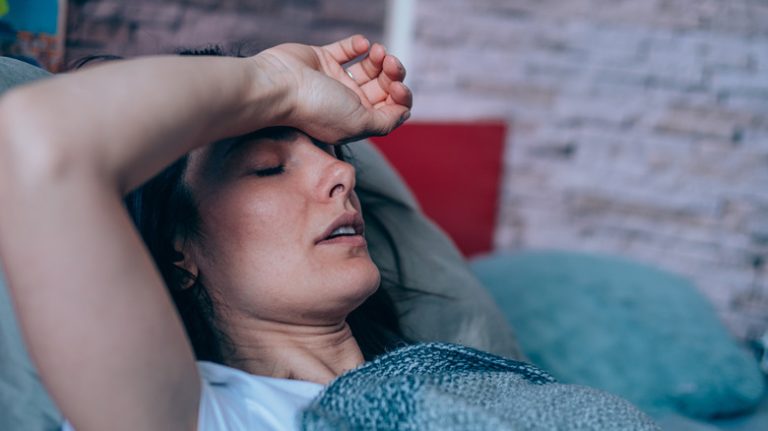We all have that one friend who tells us about their dreams in excruciating detail. They seem to remember which staircase they took to climb to the second floor of a library, which door led to the mysterious set of books (and what color it was), and what was written on the pages of the book they picked up. Coming away from a conversation like that might make you wonder whether you ever dream at all.
But according to experts, it’s not that you don’t dream. Everyone dreams every night. It’s the remembering part that varies from person to person. If you wake up in the morning with a blurry memory of a dream you had that quickly vanishes into thin air, don’t worry. Apparently, there’s a time of the week when your dream recall might be most effective: the weekends.
Saturday or Sunday mornings are good times to remember dreams simply because you slept in or slept early, per a 2024 study published in Sleep Medicine. We have our most vivid dreams during the stage of the sleep cycle called rapid eye movement (REM) sleep, per Healthline, which happens every 90 minutes. But REM sleep periods increase as the night progresses. So it makes sense that you’d remember more of your dreams on a weekend when you’re getting more hours of sleep. More hours of sleep equal longer REM sleep periods. There’s another reason why weekend dreams might be more etched in your memory.
You wake up less rushed on weekends

Contrary to what you might think, it’s not just age, sex, personality, and brain activity that influence why not everyone can remember their dreams. How you go to bed and how you wake up also matter, according to Lauri Loewenberg, a certified dream analyst and member of the International Association for the Study of Dreams (via Everyday Health). Remembering dreams requires time and attention, added the dream expert.
Harvard Medical School sleep researcher Robert Stickgold agrees (per BBC). On weekends, we tend to take our time with all of these, especially the waking up part. We might spend some extra minutes in bed after we’ve opened our eyes from slumber, and this is the perfect time for dream recall, according to experts. “Dreams are incredibly fragile when we first wake up, and we don’t really have an answer for why that is. If you’re the kind of person who leaps up out of bed and goes about their day, you’re not going to remember your dreams,” explained Stickgold. “When you sleep in on a Saturday or Sunday morning, that’s an excellent time to remember dreams.” This brings us to the topic of what you can be doing to remember your dreams in the morning on weekdays and weekends.
Try these things during the week (and weekends) to remember your dreams better

Granted that weekdays might be filled with rushed deadlines and blaring alarm clocks that jolt you awake, if you’re one of those people who are blessed enough to have a few moments to yourself even during the week, simply staying in bed for an extra few minutes and concentrating on sensations from your dream will help jog your memory, explained Lauri Loewenberg (per Everyday Health). The key time frame here is the first 90 seconds to two minutes. It’s like an exercise in trying to catch and give form to smoke that’s lingering after a fire, but it’s possible if you lay in the same position in which you woke up, added Loewenberg. Keep a journal next to your bed for after the two minutes are up, so you can write down what you remember.
Robert Stickgold says (via BBC) that avoiding REM-sleep-suppressing alcohol before bed also helps. And so does the simple act of telling yourself (quietly or loudly) that you want to remember what you see in your dreams. And if you don’t remember your dreams the next morning, don’t lose heart. Try and stay in the emotions your dreams left you with, explained a psychology professor at Harvard Medical School, Deirdre Leigh Barrett (via Mental Floss). “Sometimes if you just stay with whatever emotion or little bit of content you woke up with, a dream will come rushing back.”



